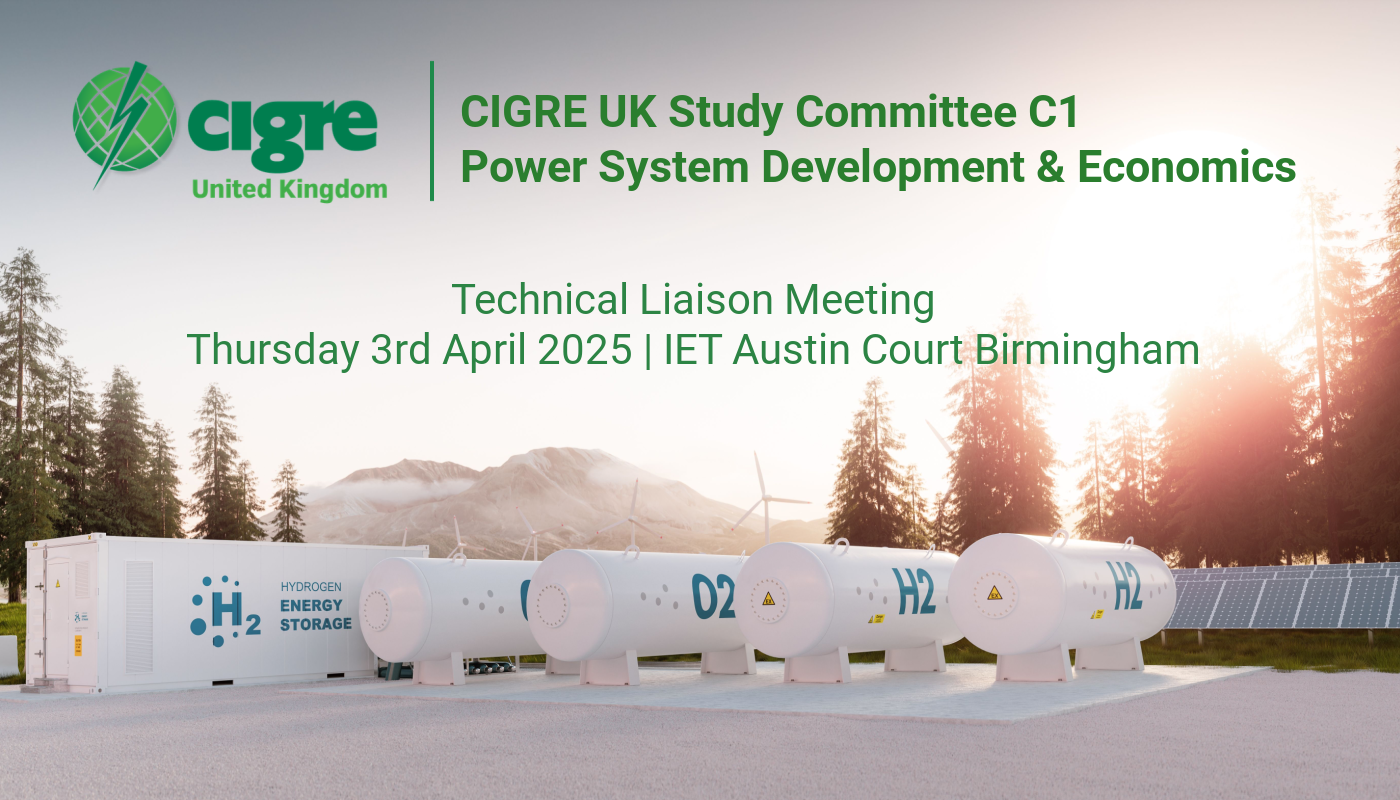
MEETING OVERVIEW:
This meeting was an excellent opportunity to stay informed, contribute to ongoing discussions, and engage with experts in the field. To view the individual presentations click on the title on the agenda below.
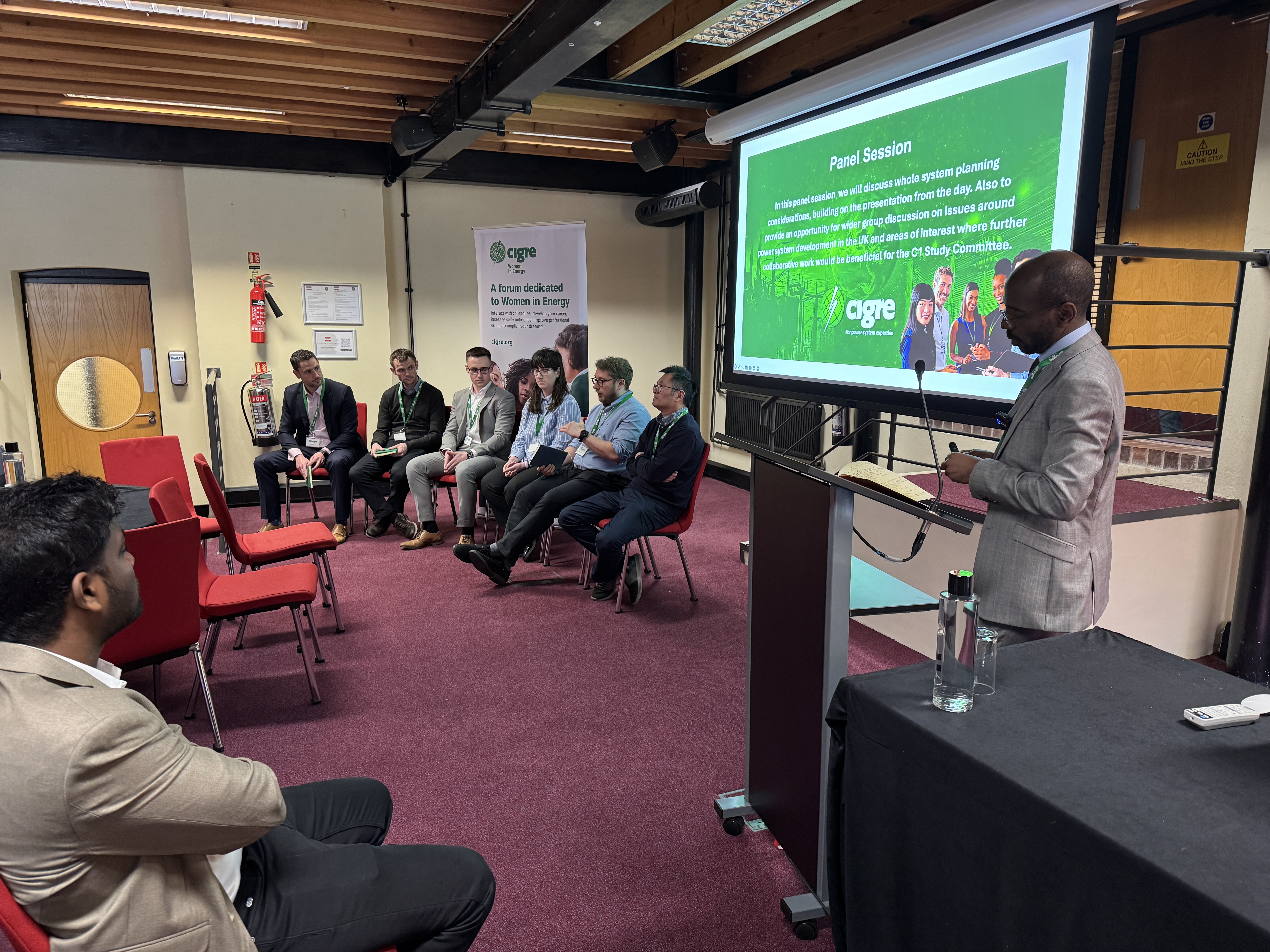
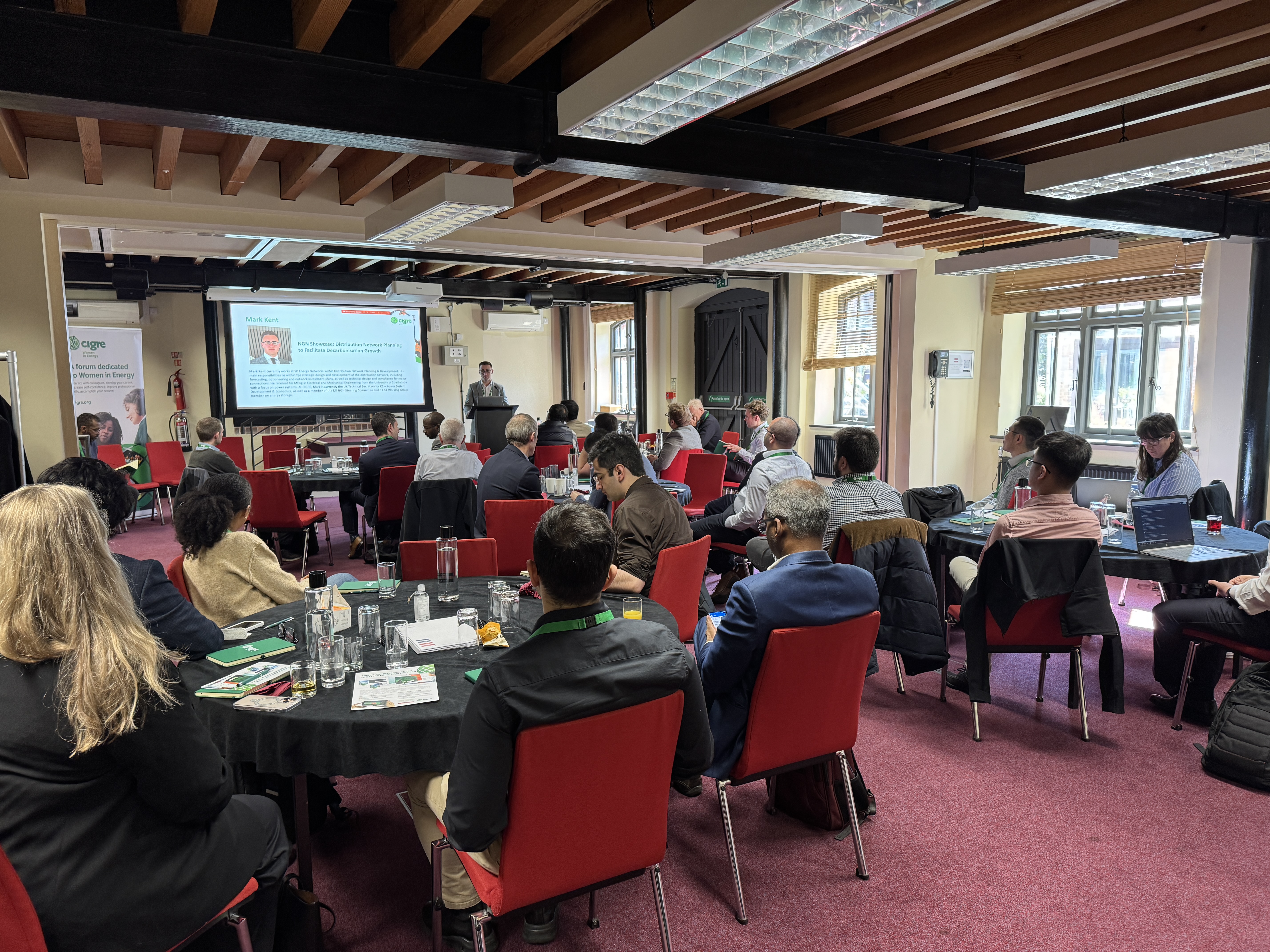
MEETING AGENDA
09:30 – Arrival & Refreshments
10:00 – Welcome & Update | Bless Kuri & James Yu
10:20 – Towards a Global Electricity Grid | Prof. Xiao-Ping Zhang
10:40 – Offshore Transmission Planning | Bless Kuri
11:00 – Break – Refreshments & Networking
11:20 – Potential Role of Energy Storage in Networks | Kelly Loukatou
11:40 – Energy Systems Coupling, Electricity and Hydrogen | Raul Montano
12:00 – Security of Supply Challanges for a Weather Dependent GB Electricity System | Callum MacIver
12:20 – Networking Lunch
13:20 – NGN Showcase – Distribution Network Planning to Facilitate Decarbonisation Growth| Mark Kent
13:40 – Competition in Transmission | James Kennerley
14:00 – Developing Major Electricity Transmission Infrastructure Projects | Marc Vincent
14:20 – Break – Refreshments & Networking
14:40 – External Presentation on SEP – Presentation and Panel | Cheng Chen & Panel
15:40 – Summary and Outlook | Bless Kuri
16:00 – Networking to 17:00
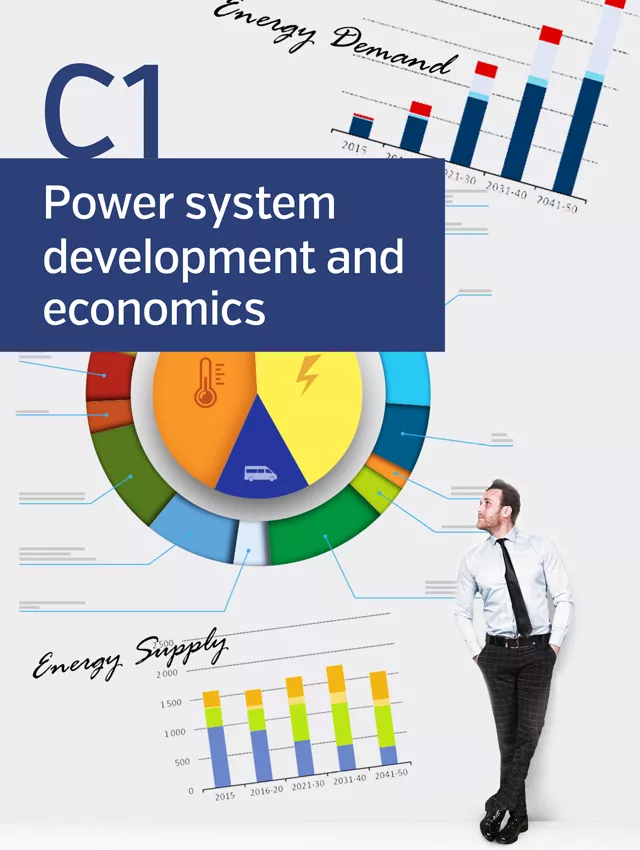
Mission
To support energy system planners, asset managers and decision makers worldwide in anticipating and successfully managing the system changes raised by Energy Transition. To address emerging needs, seize opportunities and tackle growing uncertainties, while respecting multiple constraints: security of operations, adequacy, resilience, affordability and sustainability.
To facilitate and promote the progress of engineering and planning methods, to share state-of-the-art, best practices and recommendations.
Scope
To elaborate scenarios and investment economics, identify mega trends and game changers, develop approaches for energy sectors integration and hydrogen economy deployment. To improve planning criteria and methodologies, in particular analysis of projects’ costs, benefits & risks, to modernize asset management strategies. To introduce in system development processes all flexibility means, all forms of storage (short and long term) and the new active role of end users / demand management; to leverage on Digitalization, on results of innovation in technology and in processes, to strengthen stakeholders’ involvement for the realisation of the planned infrastructures, to support evolution of environmental and regulatory frameworks.
Areas of attention include:
System planning
- Planning predicaments and methods in competitive and regulatory structures and with stakeholder involvement for public acceptance. Progress and new approaches in application of power system planning criteria and resilience (reliability, security, adequacy,) assessment.
- Methods and tools for steady state and dynamic analysis in system planning;
- Capacity enhancement by use of risk-based security assessment and advanced information, communication and power-electronics technology for improving system stability and dynamic performance;
- Future dependence, requirements and economy of ancillary services for frequency and voltage control and other system needs (grid codes;
- System planning issues in newly industrialized and developing countries including metropolitan areas;
- System planning and technology issues in specific contexts e.g. off-shore wind, large surpluses/deficits in available RES, low inertia systems, bi-directional power exchanges with distribution systems, HVDC and meshed DC grids;
- Power system development under increasing uncertainty and energy sectors integration: Transport, Heating, gas, hydrogen and synthetic fuels.
Asset management
- Asset management strategies, probabilstic and risk-based, and tools, total life cycle cost of ownership, scarce resources management;
- Growing inter-relationships between asset management, Digitalization and system planning (e.g. asset analytics platforms);
- Break-even conditions between preventive, containment and restoration measures.
Business management
- Scenario and methodologies definition/adoption for quantitative studies on future power systems;
- Prioritizing investments across a multitude of projects and programs addressing different system needs;
- Adapting to the changing levels of investment risk as the nature of the power system evolves;
- Impact on system development of new solutions and technologies in fields such as generation, demand side management (DSM), energy storage, smart grids and active distribution systems;
- The impact of pricing and tariff methods for transmission services on system development and project priorities in the context of market design and grid ownership structures;
- The impact of business models, cost-benefit-analyses and privatization on system development (prioritisation of investments, infrastructure tenders, merchant lines, public-private partnerships, etc.);
- The impact of market design and regulation (pricing, tariffs, incentives, other aspects of market design etc.) on planning scenarios, and on transmission and distribution planning and investments;
- Bridging the gap in the understanding of specialists and wider societal stakeholders.
Interconnections – horizontal, vertical
- Planning issues related to long distance transmission and international interconnections.
- Interface and allocation issues in transmission and distribution planning, and delivery of multi-party/cross-jurisdiction projects;
- Global electricity network, including effects of storage, demand response and trading rules;
- Planning regulated/non-regulated transmission assets in parallel, optimal sizing of interconnectors;
- Coordinated planning with “smart” and evolving distribution systems, especially with uncertain evolution and markets for demand response, electric vehicles, empowered customers, dynamic pricing, distributed generation and battery costs;
- Planning methodologies and issues related to electrification of end uses in heating/cooling and transport.
